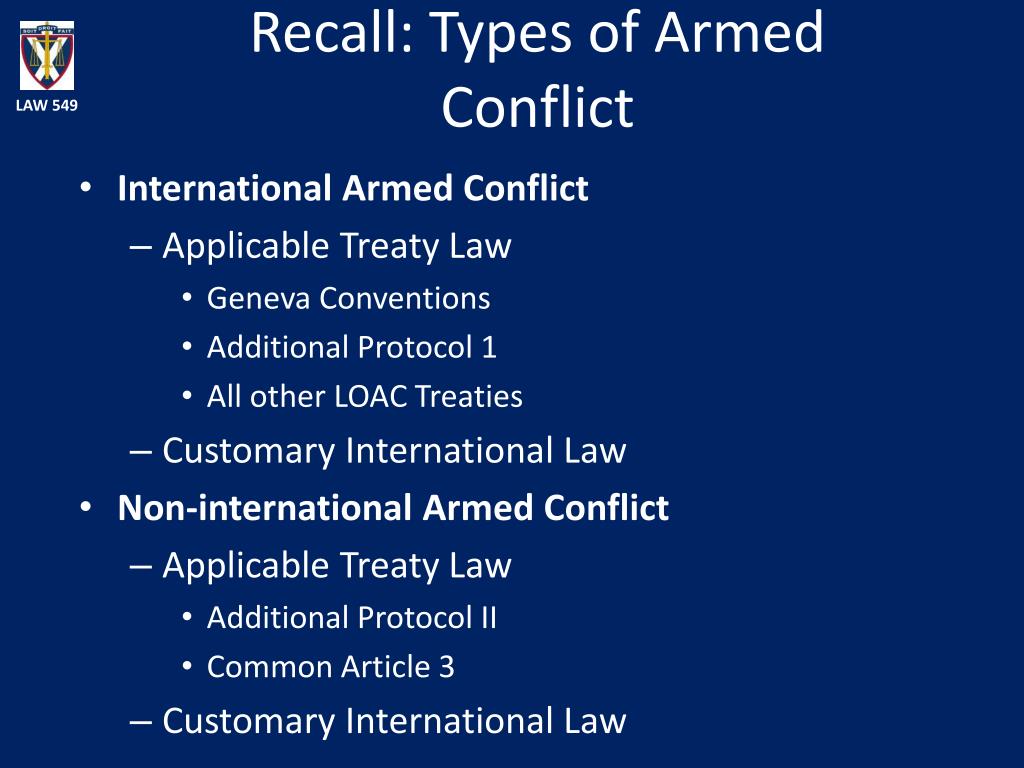

Every successive crisis is worse as the debt bill gets larger and payments become due. Inflation is backbreaking, the rupee’s value has fallen sharply, and its foreign reserves have now dropped to the precariously low level of $4.3 billion, enough to cover only one month’s worth of imports, raising the possibility of default.Īn economic crisis comes around every few years in Pakistan, borne out of an economy that doesn’t produce enough and spends too much, and is thus reliant on external debt. Pakistan’s economy has been in crisis for months, predating the summer’s catastrophic floods. Will former Prime Minister Nawaz Sharif (brother of current Prime Minister Shehbaz Sharif) return to Pakistan to run as the head of his party, the PML-N? Can Imran Khan win on the strength of his popular support, despite his confrontation with the military? Regardless of the outcome, we can say this much given the histories of the main contenders: The direction of the country is unlikely to change. The year is off to a dramatic start, with Khan’s party initiating the process to dissolve the Punjab and KP assemblies this month to pressure the federal government into early elections.įor politics-obsessed Pakistan, the biggest question remains who will win the next general election. Khan’s party still controls two of Pakistan’s four provinces, Punjab and Khyber Pakhtunkhwa (KP), and the incumbent federal government’s (extra-legal) efforts to try to wrest power from it in Punjab, the largest province, have been unsuccessful (thanks to the courts). The state has tried to mire Khan and his party in legal cases, relying on a familiar playbook used against opposition politicians in Pakistan, albeit to limited effect, with the courts’ involvement. The last year has cost it precious political capital, and Khan’s party did very well in a set of by-elections held in July and October. It benefits the government politically to hold them off as long as it possibly can as it tries to dig itself out of Pakistan’s urgent economic crisis and its lackluster domestic performance (its diplomatic foreign policy approach has fared better, but that may not matter for elections). While the incumbent government has not ceded to Khan’s demand for early elections, country-wide elections are constitutionally mandated to be held by October this year. The struggle for power in Pakistan continues into 2023.


 0 kommentar(er)
0 kommentar(er)
